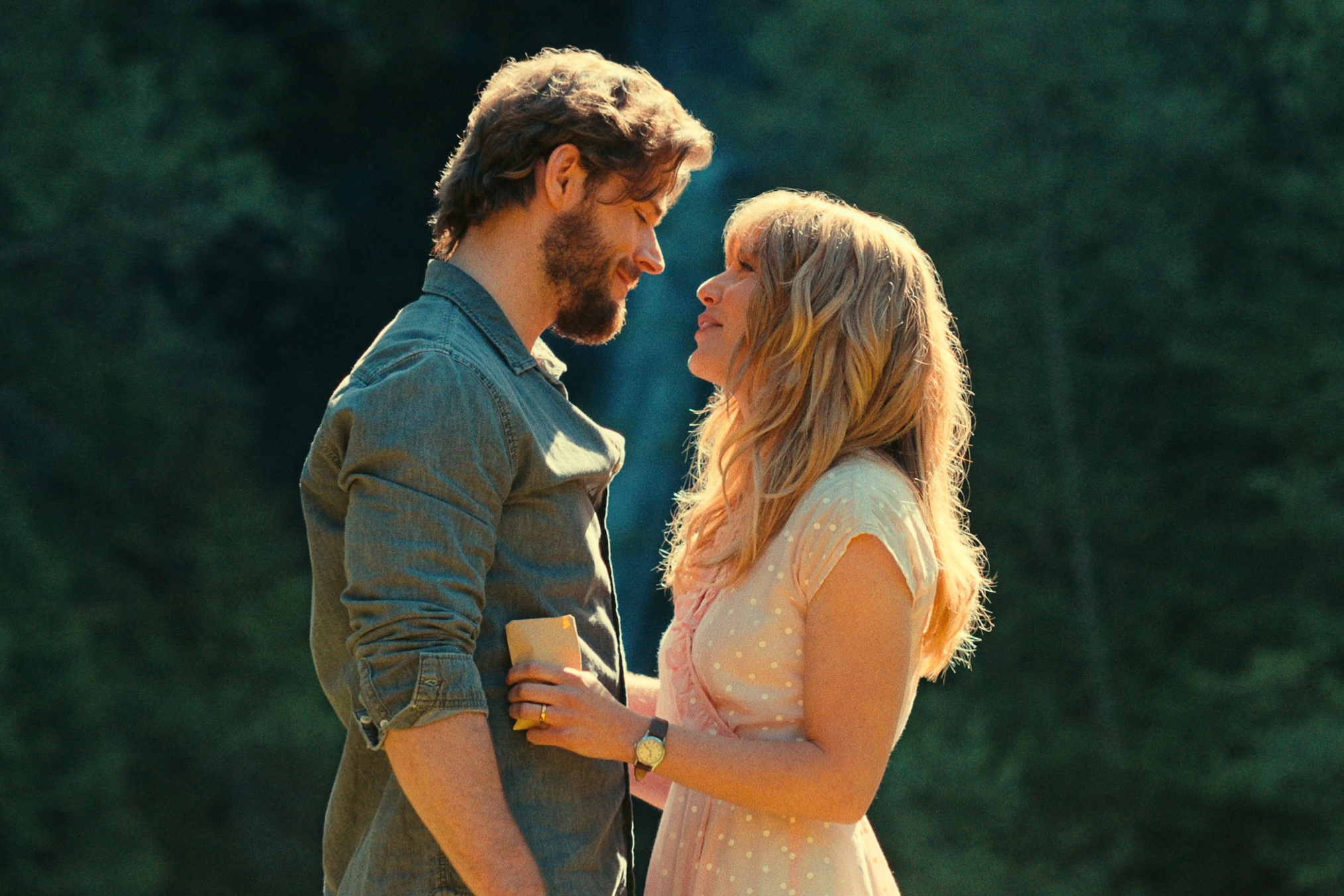
The confessionals where generations of Belgians admitted their sins stood stacked in a corner of what was once Sacred Heart Church, proof the stalls — as well as the Roman Catholic house of worship — had outlived their purpose.
The building is to close down for two years while a cafe and concert stage are added, with plans to turn the church into “a new cultural hot spot in the heart of Mechelen,” almost within earshot of where Belgium’s archbishop lives. Around the corner, a former Franciscan church is now a luxury hotel where music star Stromae spent his wedding night amid the stained-glass windows.
Across Europe, the continent that nurtured Christianity for most of two millennia, churches, convents and chapels stand empty and increasingly derelict as faith and church attendance shriveled over the past half century.
“That is painful. I will not hide it. On the other hand, there is no return to the past possible,” Mgr. Johan Bonny, bishop of Antwerp, told the Associated Press. Something needs to be done and now, ever more of the once sacred structures are repurposed for anything from clothes shops and climbing walls to night clubs.
It is a phenomenon seen over much of Europe’s Christian heartland from Germany to Italy and many nations in between. It really stands out in Flanders, in northern Belgium, which has some of the greatest cathedrals on the continent and the finest art to fill them. If only it had enough faithful. A 2018 study from the PEW research group showed, in Belgium, that of the 83% that say they were raised Christian, only 55% still consider themselves so. Only 10% of Belgians still attended church regularly.
Nowadays, visiting international choirs may find that their singers outnumber the congregation.
On average, every one of the 300 towns in Flanders has about six churches and often not enough faithful to fill a single one. Some become eyesores in city centers, their maintenance a constant drain on finances.
Mechelen, a town of 85,000 just north of Brussels is the Roman Catholic center of Belgium. It has two dozen churches, several huddled close to St. Rumbold’s cathedral with its UNESCO World Heritage belfry tower. Mayor Bart Somers has been working for years to give many of the buildings a different purpose.
“In my city we have a brewery in a church, we have a hotel in a church, we have a cultural center in a church, we have a library in a church. So we have a lot of new destinations for the churches,” said Somers, who as Flemish regional minister is also involved in repurposing some 350 churches spread across the densely populated region of 6.7 million.
A landmark repurposing project in Belgium was Martin’s Patershof hotel in Mechelen, where the interior of the church was gutted to create rooms where the beds have headboards resembling organ pipes and a breakfast room next to the altar where wafers of gold leaf hover overhead. “We often hear that people come here to relax and enjoy the silence of its former identity,” said hotel manager Emilie De Preter.
With its understated luxury, it offers contemplation, and more.
“In the hotel, people sleep in a church, maybe have sex in a church. So you could say: ethically, is it a good idea to have a hotel in a church? I don’t have so many hesitations,” said Somers. “I am more concerned about the actual architectural value.”
The design value is especially clear at St. Anthony of Padua church in Brussels, also known as Maniak Padoue climbing club these days, where the multicolored hand and footholds on the wall now compete with the stained glass as the prime multicolored attraction.
“The stained glass brings a real shimmering and warm light to the venue when the sun goes through it, so we can really feel the presence of the remains of the church,” said Kyril Wittouck, the co-founder of the club. “The altar is still in place, so we are surrounded by remains and it reminds us where we actually are.”
Also in Brussels, the Spirito night club has taken over a deconsecrated Anglican church and has a drawing of a priest kissing a nun as its logo.
It is not exactly what Bishop Bonny had in mind.
Even if Roman Catholic religion is on the wane, a sense of the sacral or a need for reflection is also still present in society, whether one is religious, agnostic or atheist. And the aura of tranquility emanating from a church is hard to match. So for Bonny, there is no reason to turn churches into supermarkets or discos.
“Those are places for contemplation. And is that not exactly that the care of the church should be about?” he said. Bonny thinks the most successful and gratifying repurposing has been the handing over to other Christian communities, be they Coptic or Eastern European.
At his office, though, he can get weary just looking at the procession of suitors for empty Roman Catholic buildings. His heart is heavy when a real estate agent shows up. “They see possibilities. And you cannot believe, suddenly, how pious they can become when a financial opportunity presents itself. Suddenly they are more devout than a nun.”
Knowing the winding history of Christianity over centuries, Bonny takes the long view, since the near future does not look bright. “Every 300 years we nearly had to start again,” he said. “Something new, I’m sure, will happen. But it takes time.”
At the Martin’s Patershof, there is even is a condition that the church can reclaim the building if it is needed again, said De Preter. The hotel elements were built on steel beams and could be totally disassembled and taken out again. “If the church, at a certain point, wants the building back — which holds a very small chance, probably — it is possible.”






















